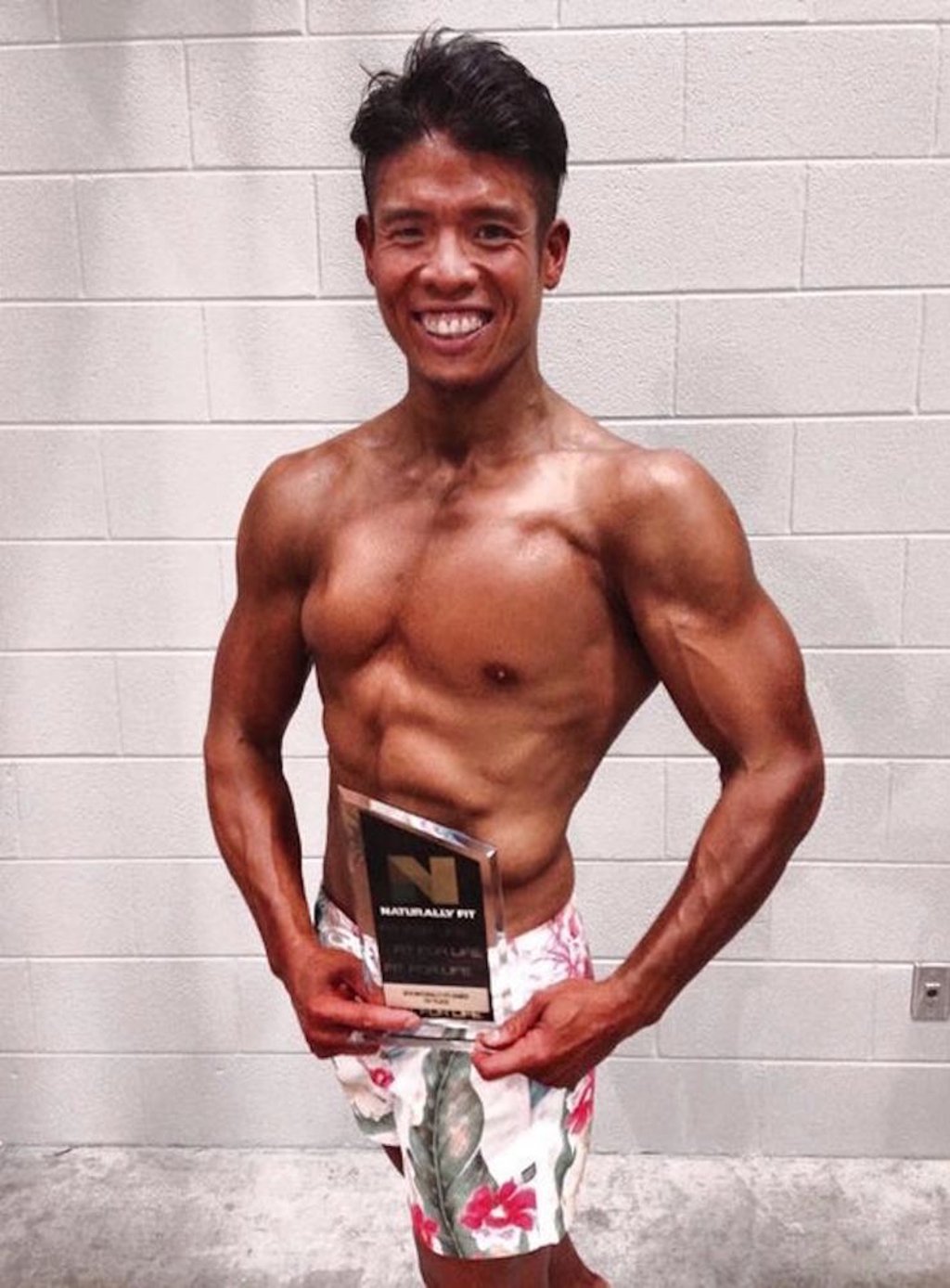Plant-based calcium as good as dairy for bones and muscles, Singapore vegan bodybuilder says – to get your fill of it, eat leafy greens and nuts and drink plant-based milk
- ‘Cow’s milk is not for us – it’s for baby cows,’ says Singaporean bodybuilder Luke Tan, who took up a whole food plant-based diet and feels healthier and fitter
- For adequate calcium intake, plant-based nutrition experts recommend leafy greens, fortified plant milks, nuts such as almonds and tofu

Singaporean Luke Tan used to take whey protein, derived from cow’s milk, for muscle growth. As a bodybuilder, he relied on this dairy supplement to deliver quick results.
Then, in 2012, he watched a documentary on animal cruelty. It affected him so much that he switched to a plant-based diet overnight. Since becoming a whole food plant-based (WFPB) vegan, he says he’s the fittest and healthiest he’s ever been.
“Before going vegan, I was supplementing with whey protein to help recover and build muscle. I was also eating up to 1kg (2.2lb) of meat and seafood a day to fuel lean muscle growth,” says the father of two.

Tan also discovered a plethora of plant-based dairy substitutes such as soy and oat milks, which he uses to flavour his coffee, and vegan cheese, which he eats occasionally when he makes pizza for his family.
“I realised that meat and seafood weren’t essential to building lean muscle and that I didn’t need dairy products for muscle and bone strength. Besides, cow’s milk is not for us; it’s for baby cows,” he says. “It contains natural and synthetic hormones as well as antibiotics.”